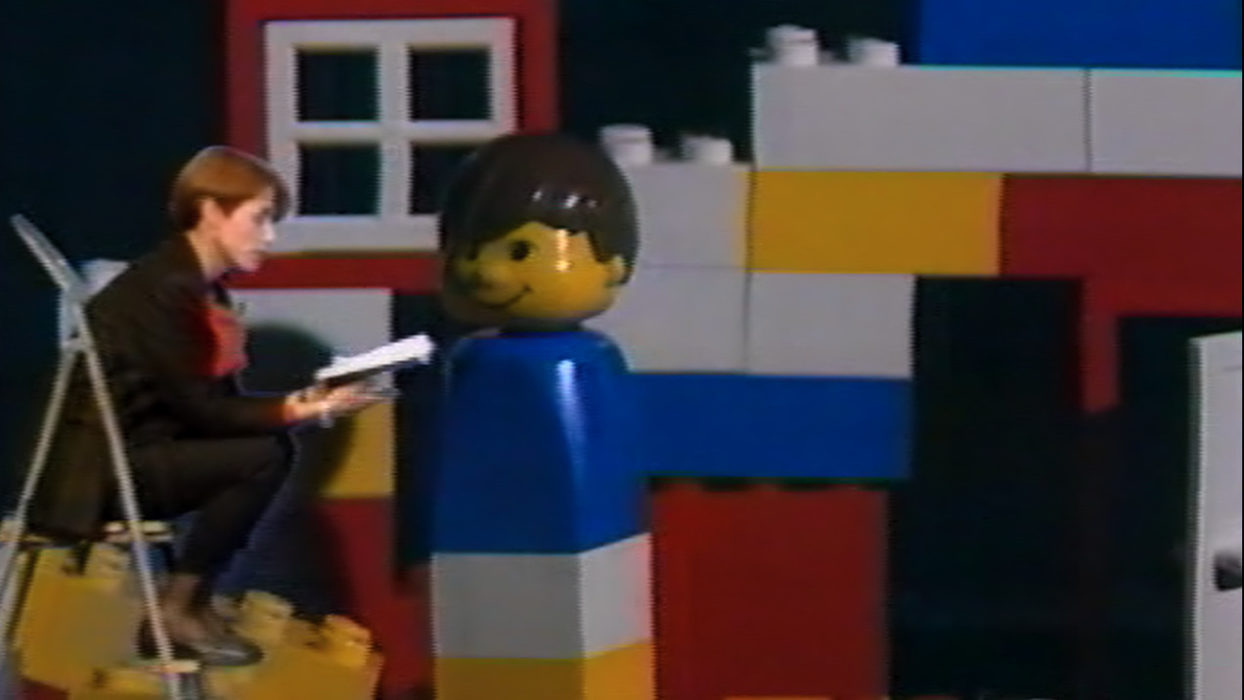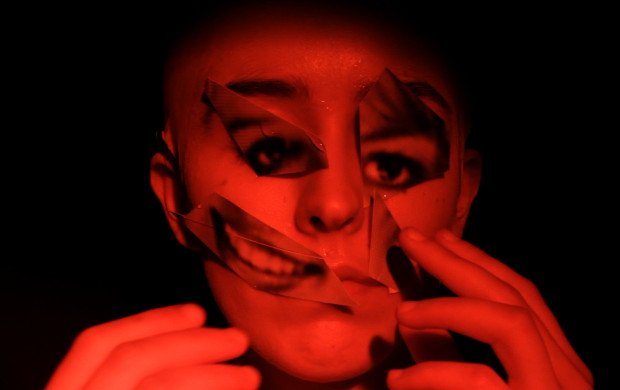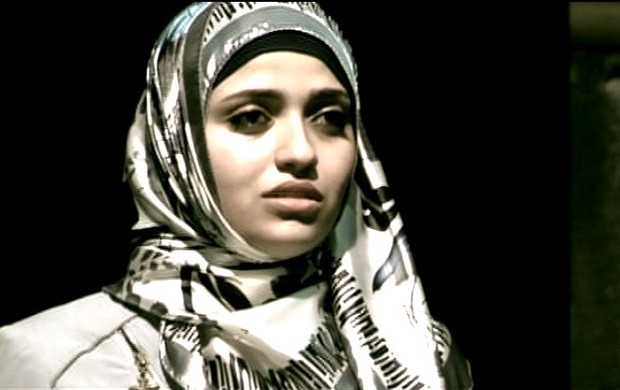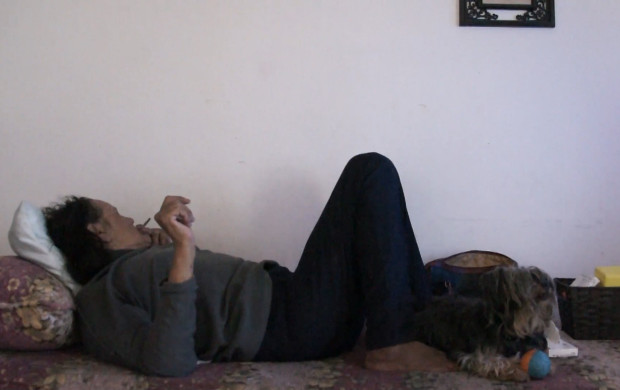Chaque mur est une porte
SPECIAL MENTION INSTITUT FRANÇAIS LOUIS MARCORELLES AWARD
SPECIAL MENTION LIBRARIES AWARD
Drawing on VHS tapes of a programme hosted by his mother on Bulgaria’s national television, the filmmaker gives a pop-style and in-depth chronicle of the gentle – even “over-gentle” – 1989 revolution.
“When I was seven, my mother had the gift of ubiquity. Once a month, she would split in two…” The voice-over evoking childhood memories places the Bulgarian television programme Version M, hosted by the filmmaker’s mother, in a magical setting. Drawing on the family’s collection of VHS tapes, Elitza Gueorguieva playfully and touchingly documents Bulgaria’s “democratic transition” from 1989 to 1991, before the Communists returned to power. Thinkers, hippies, students and poets comment on and sing about the political upheavals (the delightful pop songs, “I’m not a Communist” or “How will we reach the Americans?”). The programme’s sometimes kitsch atmosphere contrasts with the depth of the political and philosophical questioning. In one edition titled Expectations, the mother reads out questions by Max Frisch: “No revolution fully satisfies the expectations of those who started it. Do you deduce from this that the great revolution is pointless? At the end of the day, which expectations are most important, those fulfilled or those disappointed?” A humorous interweaving of the intimate and history, childhood and the disillusion at a democratic rebirth, Chaque mur est une porte concludes by treating itself to a rewrite of Alice in Wonderland: in the finale, the very tiny mother, walks around in front of a pile of Lego while a giant hand builds and destroys a wall, becomes the Carrollesque heroine of a failed revolution and the figure of her own daughter, whose initiation into History happened through the small screen. (Charlotte Garson)
Eugénie Michel-Villette
Mélanie Braux
Xavier Damon



